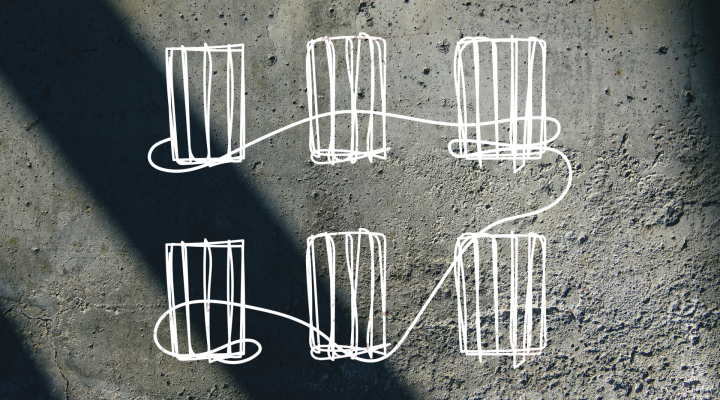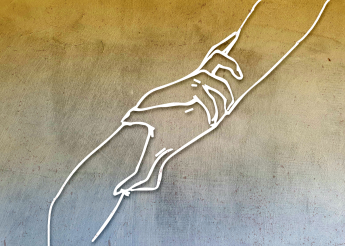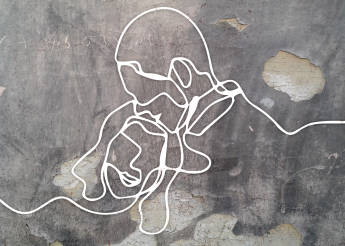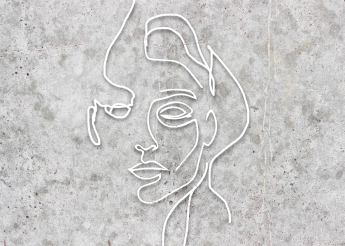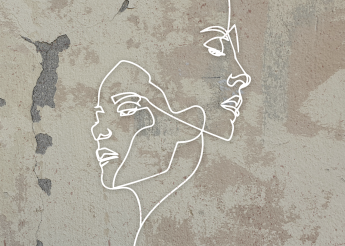Ashling Tobin. Nearly 5,000 children experience parental imprisonment every day in Ireland. Almost 10,000 children are affected each year. Imprisonment of either parent is always challenging for children. However, maternal imprisonment can be hugely devastating to children, affecting many aspects of their lives. The impact of maternal imprisonment varies from child to child and can affect children of all ages. Many of these consequences will carry over into adulthood.
The imprisonment of a household member is often cited as one of ten adverse childhood experiences (ACEs). It impacts children’s long-term health and wellbeing, their school attainment and later life experiences. Parental imprisonment is associated to increased risks of exposure to other ACEs. Research suggests that the deprivation of parental care due to imprisonment is more detrimental than other forms of parental loss and separation. In many cases, children already face material hardship and social disadvantage, and the maternal imprisonment only exacerbates the situation. They often already face the same issues that brought mothers into conflict with the law, including poverty, family breakdown, violence, and substance misuse. Deep trauma often arises from being separated from their mother, with feelings of stigmatisation, isolation, and confounding grief. Custody and supervision of these children is often a challenge. When they are not placed in care, they rely on their grandparents to become their primary care givers. This separation creates difficulties for imprisoned mothers who want to maintain mother-child bonds.
Some children remain with their mother in prison, which can have both positive and negative consequences. Our study found that allowing infants to stay with their mother in prison can promote bonding and reduce recidivism. On the other hand, living in prison may impact children’s physical and cognitive development and poses a risk to their physical (safety).
The study highlighted that the impact of imprisonment can be even more severe for specific groups: this is the case for people from minority ethnic backgrounds, foreign national women, sole caregivers, women with mental health problems and those in pre-trial detention.
Irish Travellers, for instance, are strongly over-represented in the Irish prison system. They make up for 7.3% of the prison population despite representing only 0.7% of the general population. This is particularly pronounced among Traveller women, who make up 14.4% of the female prison population. Past research has indicated that many Traveller women have been imprisoned for minor first-time offences such as driving without a licence, shoplifting and offences linked to addiction. The impact of imprisonment from a motherhood perspective is potentially more significant for Traveller women and their children insofar as they are more likely than the general female population to have a greater number of children and at a younger age. Concerns have been raised about the problems Traveller women face on release from prison when attempting to reconnect with their children who are in care, with additional trauma of separation when children are cared for by people outside the Traveller community.
